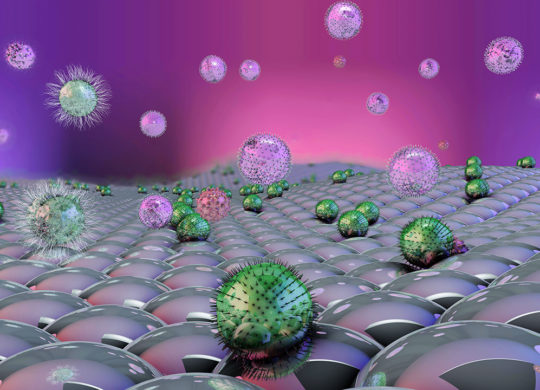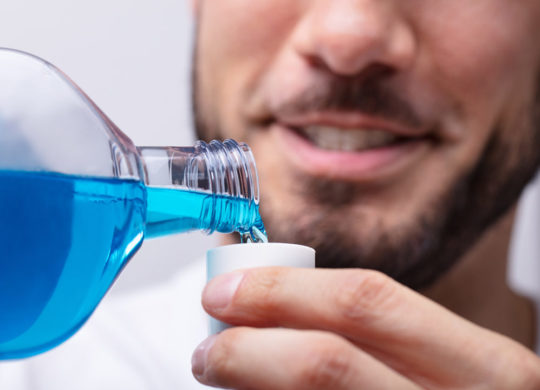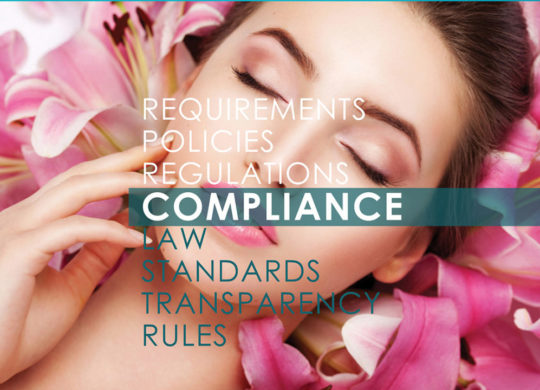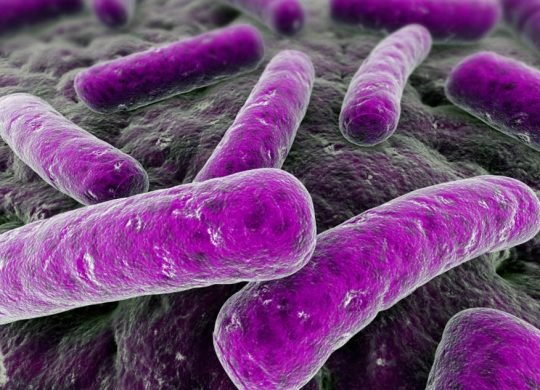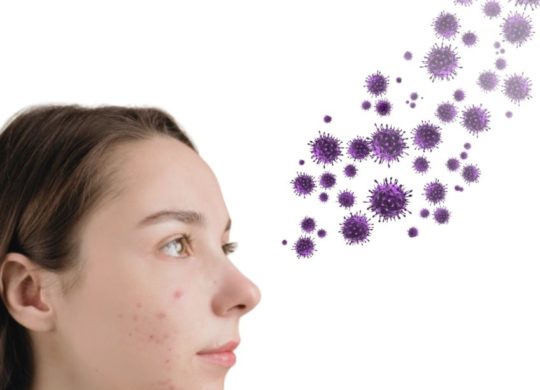Oral microbiome
The oral microbiome is one of the least described microbiomes in our industry. Nevertheless, the oral microbiome has an immense influence on our health, our digestion track, and our overall beauty.
The oral microbiome consists of 700 species, mainly bacteria. One of the most visible achievements of the oral microbiome is to keep bacteria responsible for plaque and caries under control. In this way white, attractive teeth are guaranteed. It also pushes out the bacteria responsible for bad breath.
Those 700 species supported by our saliva form an unbreakable defence against all pathogenic micro-organisms. The oral microbiome shields us from health problems in our mouth, such as tooth decay, gingivitis, and periodontitis. The protection goes far beyond our mouth, as the oral microbiome continuously prevents the occurrence of countless infection diseases, such as throat, lunge, brain, and liver infections. The oral microbiome controls our blood pressure and even supports the gut microbiome. The main protector and regulator of the oral microbiome is Streptococcus salivarius.
The oral microbiome is undoubtedly our most valuable ally in our survival and comfortable life. But there is 1 condition: the microbiome needs to be balanced. A microbiome balance is only possible when the pH in the mouth is around 7. Unfortunately, this invincible community is easily disturbed by 1 ingredient. This ingredient is the Achilles’ heel, as it can dangerously disturb the microbiome in less than 1 hour. It is sugar, actually fermentable sugar such as glucose, fructose and sucrose.
Sugar promotes the growth of plaque forming bacteria (Streptococcus mutans) and cariogenic bacteria such as Lactobacillus and Bifidobacteria species. Also, microorganisms responsible for sensitive gums are indirectly promoted. The worst part is that sugar creates an unfavourable environment for the regulating members of the oral microbiome, such as the Streptococcus salivarius. In this way plaque forming and cariogenic bacteria can flourish more, as their competitors are fading away.
At this moment very few techniques to regulate the oral microbiome exist. Our main strategy is to regularly brush our teeth. During this brushing, some food which can produce fermentable sugar is removed. More important is that during brushing the plaque is scratched. By scratching the plaque regulating members of the oral microbiome can reach plaque and cariogenic bacteria and they can reduce them back to a harmless level. Of course, the regulating mouth bacteria can only push them back if they are sufficiently present and powerful. Toothpaste, mouth washes concentrate mainly on plaque, they do not support the by-sugar-damaged oral microbiome.
Another approach is to use disinfecting mouth washes containing ethanol after brushing the teeth. The ethanol or other disinfecting agent will for sure reduce the pathogenic micro-organisms, but it will also seriously weaken the protective micro-organisms.
The obvious choice to support the oral microbiome is to use a prebiotic. Prebiotics, such as Inulin, FOS, GOS are bio-selective polysaccharides and can support the protective members or oral microbiome. Standard prebiotics have some limitations in oral care:
- The molecule is too complex and has a too large molecular weight to be digested by our oral microbiome.
- The prebiotics, who are polymers of fructose and glucose always contain free glucose, sucrose, and fructose. These are exactly the fermentable sugars which should be avoided.
An extensive study has been performed on a new prebiotic (FOS/inulin), which is:
- Free from fermentable sugars
- Bio selective
- Easily fermentable by protective micro-organisms, such as Streptococcus salivarius.
Effect of alcohol on oral microbiome
Rinsing the mouth with 10% alcohol reduces the S salivarius with 46%, which means that the natural protection is seriously compromised. When this alcohol is combined with FOS/Inulin, the s salivarius is not harmed at all. The natural oral protection remains intact.
Effect of soda on oral microbiome
A popular soft drink is cola, which has a pH <3 and contains 12% sucrose. When a mouth wash is used after consumption of such a drink, the cariogenic bacteria are still increased with 61%. When the same mouth wash is used with FOS/Inulin, the cariogenic bacteria were not able to grow.
When this kind of prebiotic is used in a toothpaste, similar results are obtained. Moreover, through tooth paste this FOS/inulin also efficiently reduces bad breath bacteria, gingivitis and periodontitis bacteria.
FOS/inulin offers a new additional and effective strategy to prevent precisely tooth decay, sensitive gums and bad breath. The FOS/inulin combined with a tooth paste offers a holistic approach to oral care.
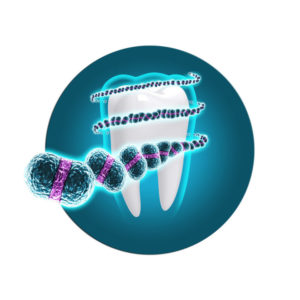
Contact US
GOBIOTICS BV
Jac Jansenweg 7
4631 SL Hoogerheide
The Netherlands
